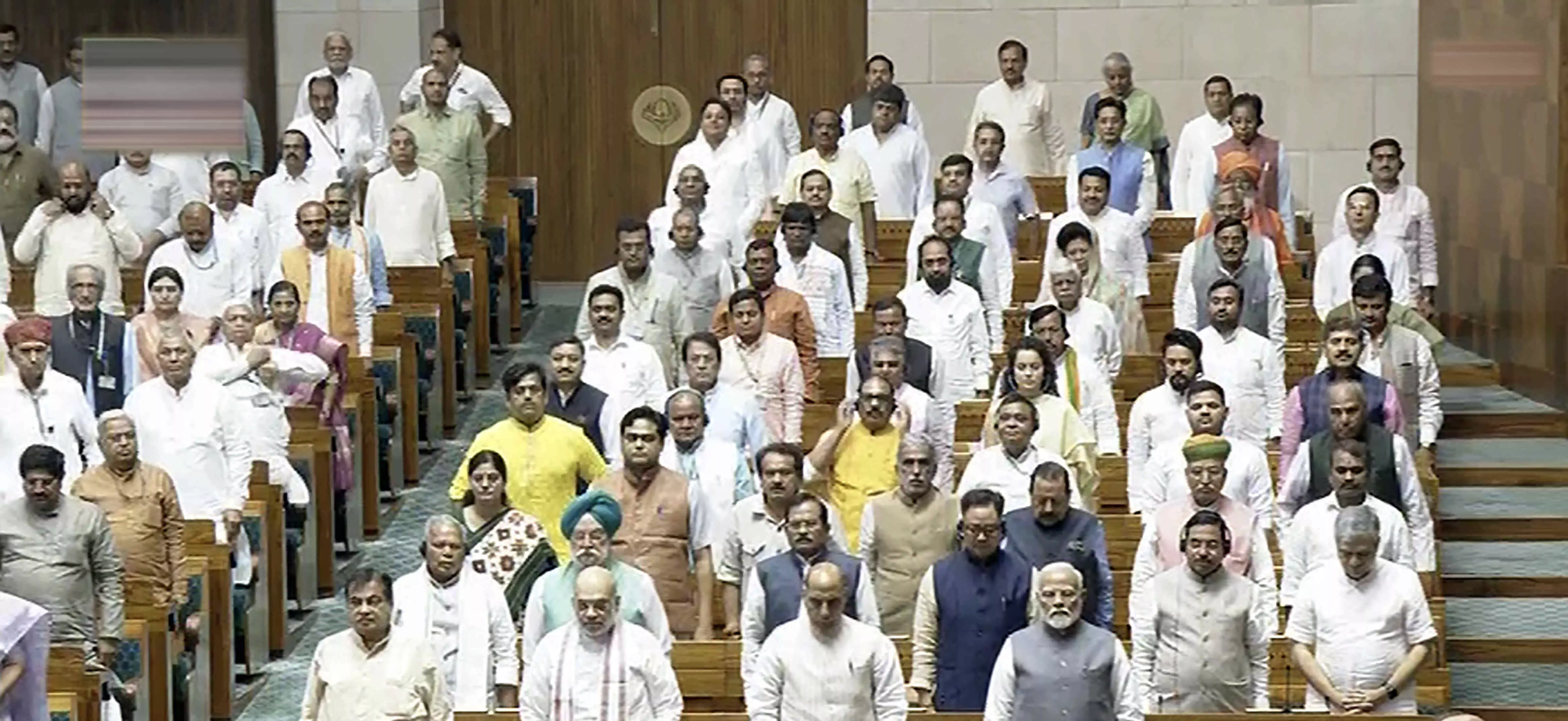A bumpy road to consensus!

Following a decade when institutional credibility of the Parliament underwent a continuous decline, the promising 18th Lok Sabha is finally taking shape. The biggest highlight is, of course, the increased numerical strength of the opposition vis-à-vis BJP’s loss of majority in the house. A strong opposition—usually considered as a vital element of any functional democracy—has pumped in a considerable amount of vigour in parliamentary proceedings, which was hitherto missing.
It is heartening that both the opposition and proposition have expressed their resolve to operate the house amicably. Prime Minister Narendra Modi has pledged to govern by consensus. Incidentally, for the saffron party which he leads, consensus now seems to be the only way forward. Over the last 10 years, the BJP-led NDA government has been criticised for bypassing parliamentary protocols and spirit — be it in the form of dilution of the role of standing committees, rapid passing of crucial legislations with voice votes, or limited discussion in the House. The Parliament embodies the spirit of collective governance through popular representation, and it should never be allowed to be used as a tool for furthering political-ideological agenda without checks and balances. Standard parliamentary discipline that was by and large amiss in the 16th and 17th Lok Sabhas are expected to be adhered to in the 18th Lok Sabha. For the BJP, consensus and wider incorporation of views are now not just a matter of responsibility, but also a tactical obligation.
Here comes the role of the opposition. For 10 years, the Lok Sabha was virtually devoid of the Leader of Opposition’s post, because the INC had failed to win the requisite 10 per cent seats in two consecutive General Elections. Rahul Gandhi, who traversed across the length and breadth of the country ahead of the 2024 General Elections, and was able to establish a strong mass connection, has been rightly announced as the Leader of Opposition by the INC. The massive margins with which he won the two Lok Sabha seats he contested bear testimony to his renewed acceptance among the people. Very importantly, when the apprehensions around undermining of the Constitution were growing rampant, Rahul, along with his alliance partners, managed to turn Constitutionality into a decisive poll agenda. This was a major win for India — the mother of democracy.
Now, with its comparatively strong clout, the INC-led opposition should proactively hold the government accountable. However, as the popular adage goes: with greater power comes greater responsibility. The INC should utilise its increased mandate to enhance the credibility and efficiency of the Lok Sabha. It should maintain the streak of constructive criticism to ensure checks and balances. However, at the same time, it should make sure that it avoids unnecessary disruptions to lower the credibility of the people’s elected government. All efforts must be directed towards strengthening the people’s trust in the Parliament.
As of now, the Lok Sabha has witnessed confrontations over the posts of Speaker and Deputy Speaker. Om Birla, whose previous term witnessed notorious expulsions of opposition MPs and some controversial passage of bills, has been declared as the Speaker again, after an election and not unanimously — a rare occurrence. Shortly after he was greeted by ruling and opposition MPs alike, Om Birla chose to resort to a “divisive” statement declaring 2-minute silence for Emergency that was imposed 49 years ago! At the same time, the BJP has been reluctant to concede the post of Deputy Speaker to the opposition. Notably, no ruling party MP has been made Deputy Speaker since the 6th Lok Sabha. The signs don’t seem good as of now. While “consensus” is in speech, it eludes actions. The NDA and the INDIA bloc must move beyond campaign hostilities and work towards a functioning democracy where debate, dissent, and consensus coexist.



